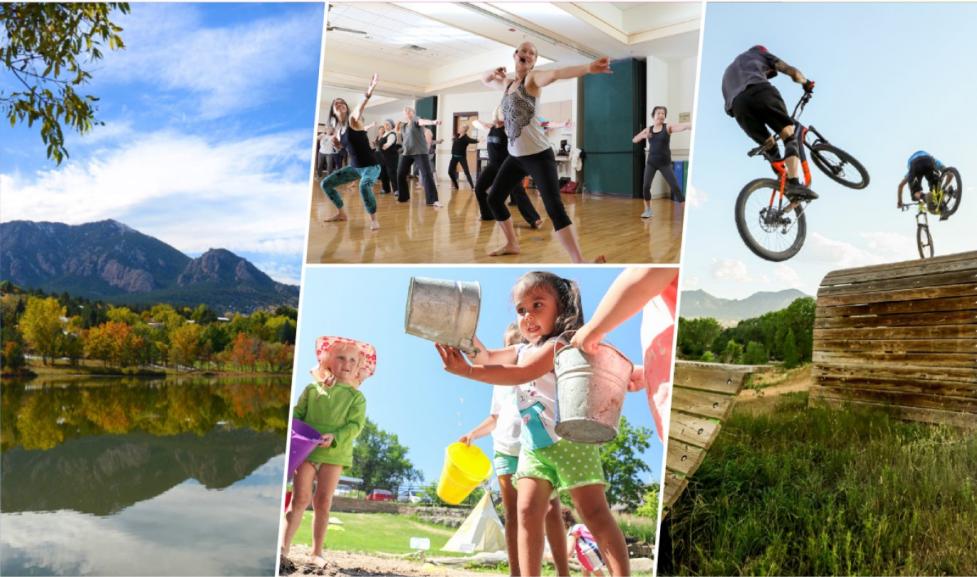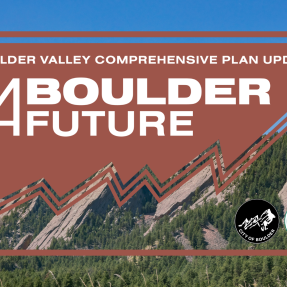Project Overview
Department Plan adopted by City Council in August 2022.
After almost two years of working with staff and the community to develop a plan to guide the department for the next five years, the plan received unanimous support from the Parks and Recreation Advisory Board and Planning Board, and City Council.
While the planning process is complete, now comes the fun work to implement the recommendations of the 2022 Department Plan. This plan has already influenced the way the department has organized and proposed the budget for 2023.
Read more about the department plan acceptance by City Council

